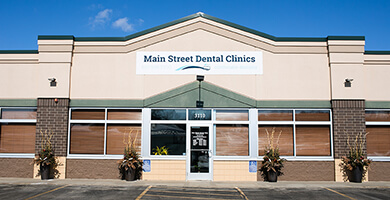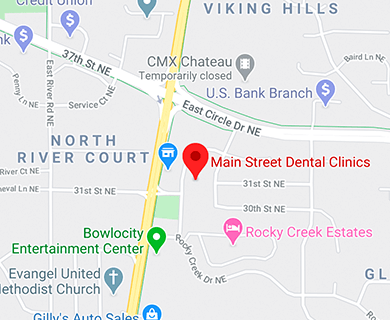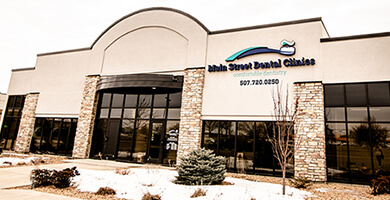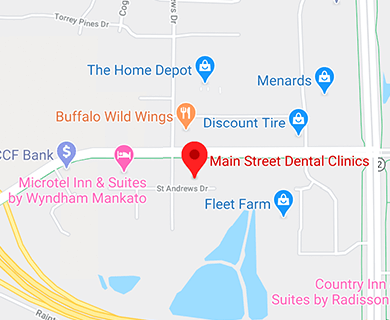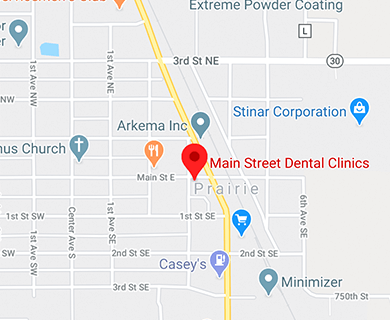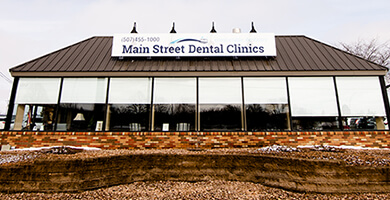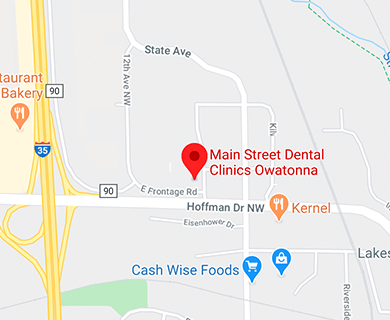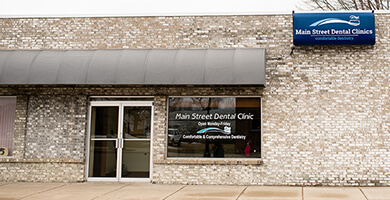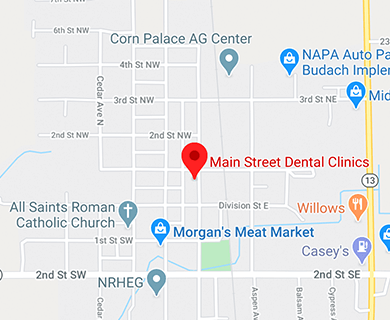If you have a numb or tingling feeling in your mouth, tongue, lips or gums, it can be quite a strange and sometimes frightening experience. The good news is that a numb mouth is usually nothing to worry about and can be treated and relieved easily.
In this article, we'll take a look at some of the most common reasons for a numb feeling in the mouth and what you can do to relieve the problem.
What are the Symptoms of a Numb Mouth?
Numbness can be described as a loss of feeling or sensation in a particular body part. You may feel numbness in your leg if you have been sitting down for a long period of time or in your hand if you fall asleep on your arm. This type of numbness can usually be relieved by shaking out and moving that body part to get the blood flowing freely again to nerves and blood vessels. Numbness in the mouth, on the other hand, is a less common occurrence and may need further investigation or action.
Also known as perioral numbness, mouth numbness is an odd sensation, especially if it has occurred for no obvious reason. You may feel it on one side of the mouth, just the tongue or throughout the mouth. Unlike hand or leg numbness, it can sometimes take a little more time to find the cause of mouth numbness and the appropriate treatment. For this reason, it is often important that you follow up with your doctor or dentist as soon as you notice the problem.
Common Causes of Mouth Numbness
Mouth numbness is often caused by irritation or pressure to the nerves in the mouth. There are many different causes, including:
Allergic Reaction
If your mouth comes into contact with a food type, substance or chemical that your immune system recognizes as harmful, your body will react. Often, the first signs of an allergic reaction are swelling and tingling in the mouth. This is your body's way of telling you to stop ingesting the substance that is triggering this reaction.
Autoimmune Diseases
There are a number of autoimmune diseases that cause the body to attack itself. This can cause widespread inflammation in any area of the body including the mouth. If you have been diagnosed with an autoimmune disease such as Multiple Sclerosis or Lupus, see your doctor immediately at the first sign of mouth numbness.
Infections
Viral infections such as shingles and bacterial infections like Lyme disease can result in nerve injury and inflammation in the mouth. If you are experiencing numbness or paralysis of the mouth or tongue out of the blue, make an appointment with your primary care doctor for further investigation. If you have recently received dental treatment, speak to your dentist in the first instance.
Cavities
A cavity in your tooth can also be the cause of mouth numbness. This occurs when the nerves in the lips or mouth become slightly inflamed. You should make an appointment with your dentist as soon as possible to prevent further nerve damage from occurring.
Vitamin or Mineral Imbalance
Certain vitamins, such as vitamin D and vitamin B12 are essential to maintaining the healthy functioning of nerves. If you have a deficiency of either or both of these vitamins this can lead to nerve injury and damage. Conversely, mouth numbness can also be caused by exposure to too much vitamin B6.
A calcium deficiency can also cause tingling in the mouth and other symptoms such as muscle cramps and hyperventilation. In most cases, over-the-counter vitamin and mineral supplements are effective at treating these symptoms. See your healthcare provider for further guidance if required.
When to See a Doctor
If you have not recently received dental treatment and you experience sudden mouth numbness on its own or alongside other symptoms such as fever, facial or muscle pain or swelling, see your doctor for a diagnosis.
When it is an Emergency
It is rare that mouth numbness is caused by a serious condition, but if you have difficulty breathing, facial drooping or weakness in other body parts, you should call 911 immediately. Difficulty swallowing, trouble breathing, throat tightening and hives can all be signs of a severe allergic reaction. Again, call 911 immediately.


